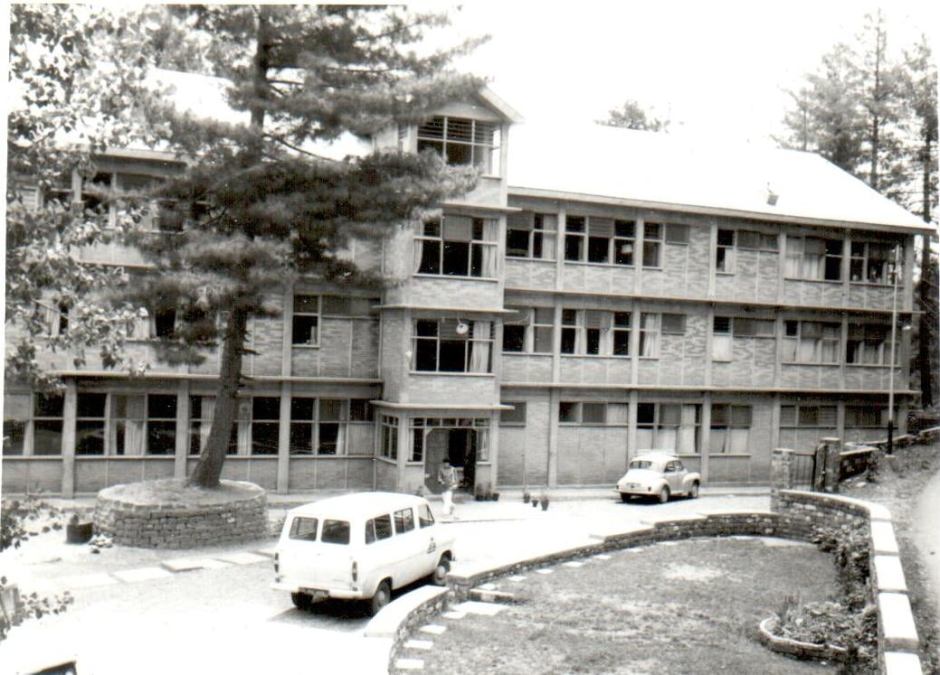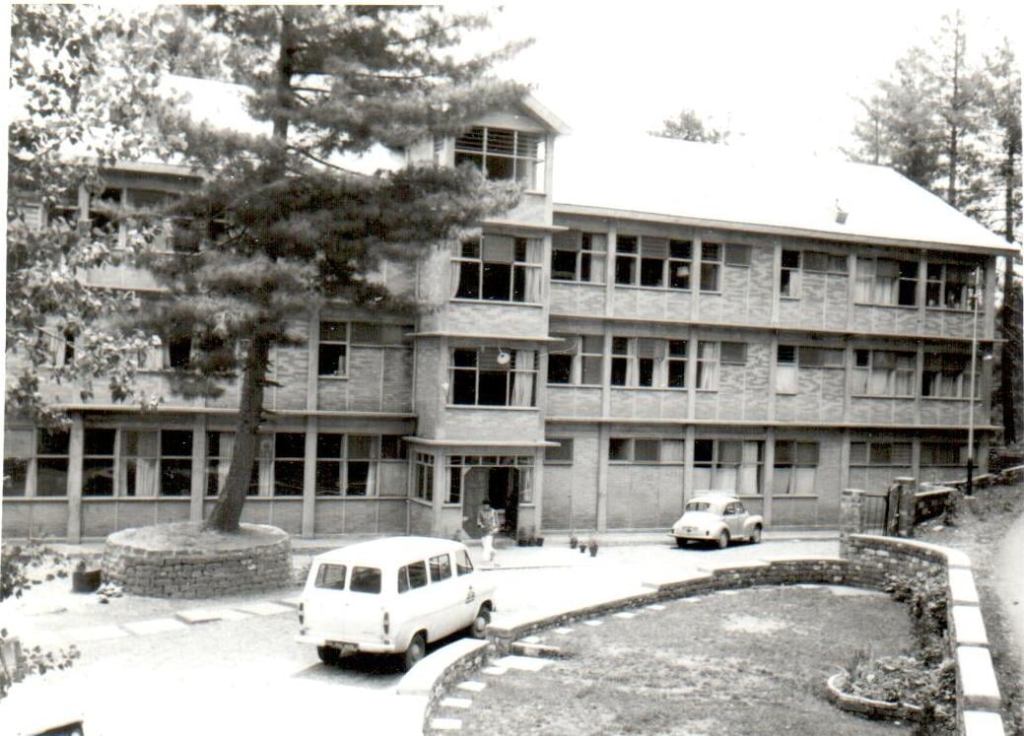Walking along Boston Harbor today, I was struck by the beauty all around me. While the day dawned gloomy and chilly, by noon the sky was the blue of a clear spring day and blossoms and buds had appeared like magic. It reminded me of the children’s book The Secret Garden and the description of springtime.
“Fair fresh leaves, and buds—and buds—tiny at first but swelling and working Magic until they burst and uncurled into cups of scent delicately spilling themselves over their brims and filling the garden air.”
The Secret Garden
It’s been six months since my mom died and I’ve been thinking a lot about her these past few days. Tomorrow is Mother’s Day, and it will be my first Mother’s Day where my mom is not present on this earth. I am well aware that in the natural order of things, every person gets to a point where their mothers are no longer present. I am not alone in this. In fact, I am one of those too fortunate people who had their mom for many, many years.
And I also feel the loss acutely. Last year I was recovering from major surgery, so I was unable to go be with her for Mother’s Day. Had I known that she would be gone, would I have cancelled the surgery? I don’t know that I would. I had cancelled it once before and I really couldn’t hold off anymore. I think my mom knew this and gave me the grace I needed.
Memories of previous mother’s days and other holidays, but mostly the visits I had with her where it was just the two of us on a regular weekend loom large and precious. We would go to Lake Ontario and have picnics of egg or tuna salad on fresh bread, always buying Abbot’s frozen custard on the way home. I would read aloud from either a book my brother had begun reading to her, or we would begin a new one. Some of her favorites were books by her friends from Pakistan, her eyes sparkling as she filled in details from her own memories of events relayed in these books. Her routine was to get up much later than I would in the morning so I would fix myself a cup of tea and then have breakfast with her when she got up. Parathas and spicy eggs were a favorite from her Pakistani past, but as time went on, a simple piece of toast or an English muffin was all she could eat.
In the months before she died, it was more difficult for her to get up and get going. Our times included a lot more staying inside with reading, resting, and stories. Audio books were a plenty and I will never be able to listen to Maisie Dobbs books on audio again without thinking of my mom on her recliner, eyes open, mind alert, body tired. Sometimes she would doze off and I would gently wake her to see if she wanted to head to her bed for an afternoon nap. “I should, shouldn’t I?” she would reply, only to doze off again one or two times before going. In between all of this, I heard stories of childhood and beyond. I was taken back to her elementary years, to an older girl Evangeline walking her home from school and laughing and scolding her for having the lofty dream of attending college. “Oh Pauline! What makes you think you can go to college? Your mom and dad never finished eighth grade!” Scarlet, more from the anger that erupted in her than Evangeline’s chiding, she vowed that she’d show Evangeline! And she did.
The stories moved on from childhood to college in Boston, a city she loved dearly, friendships with roommates Maggie and Ruthie, and falling in love with my father. What a gift to those who are older that they get to fall in love again and again through their memories, reliving the joys of those initial days like they were yesterday. Mom and Dad’s love story took place in the city of Boston where, poor as the proverbial mice that roam around churches in search of morsels, they bought five cent coffees and an occasional coke float. While I had heard many of the stories before, there were new ones that emerged, while the old ones were the more precious knowing that the storyteller would soon be leaving us, leaving me.
And the storyteller did leave. She left in the late fall when the golden leaves were creating heavy earth carpets, and the smell of wood fires was in the air. Now it is the spring and I miss her. I miss the almost daily phone calls that were sometimes check-ins and other times heavy with conversation and memories. We loved talking to each other about books – those that she was listening to and others that I was reading. I miss knowing that when I got back from a trip, she would be waiting to talk with me, to ask about it. I miss having her ask me about my kids. “How is Joel?” she would say, and I knew she really cared.
Despite the missing, I would not bring her back for an instant. She is in Aslan’s country, further up and further in, and it would be cruel to bring her back from glory to a place with only glimpses.
In truth, Mom left me with many lasting gifts that I hold on to tight with hopes that I can one day pass on the same – the gift of an enduring faith lived out in stubborn persistence, the gifts of reading and writing, the gifts of delving deeply into the scriptures and daily prayer, the gifts of learning when to speak up and when to keep silent. Most of all, the life-long example of a mom who knew how to love well.
On this Mother’s Day, I reflect on these gifts with a healthy mixture of tears, wistful longing, and gratitude. Though her presence is gone, the gifts remain, and I am deeply grateful. Honoring her is about entering wholeheartedly into the day with laughter, love, tea, and cake, expressing love and thanks to those around me and those at a distance.
I wonder as I write this – what gifts have you received from your mom? Whether alive or no longer here, what do you hold precious because of her?














